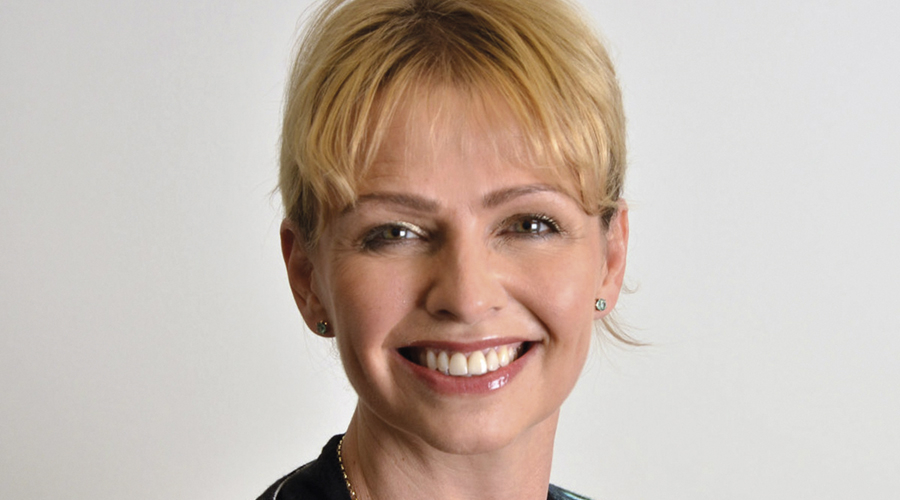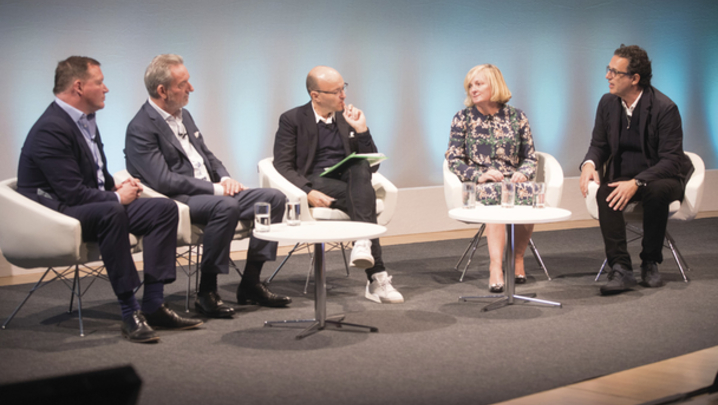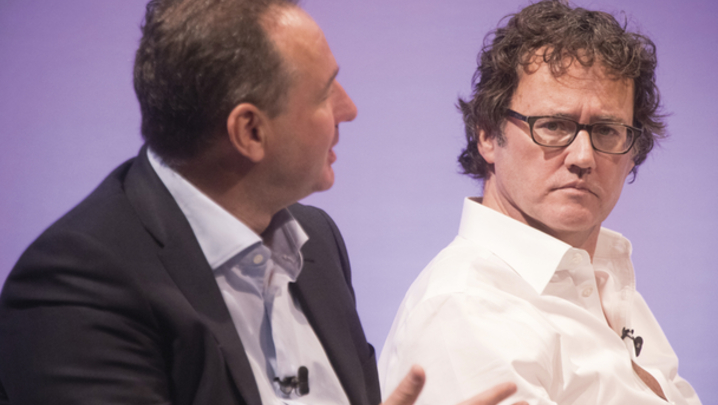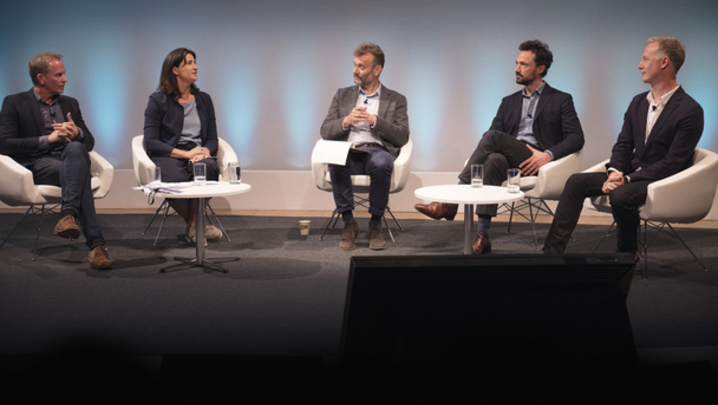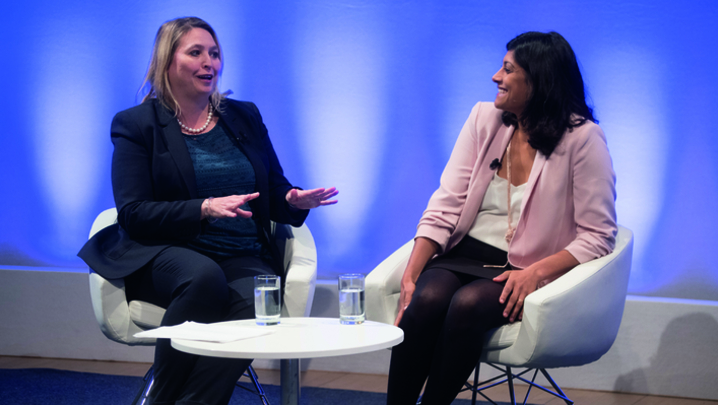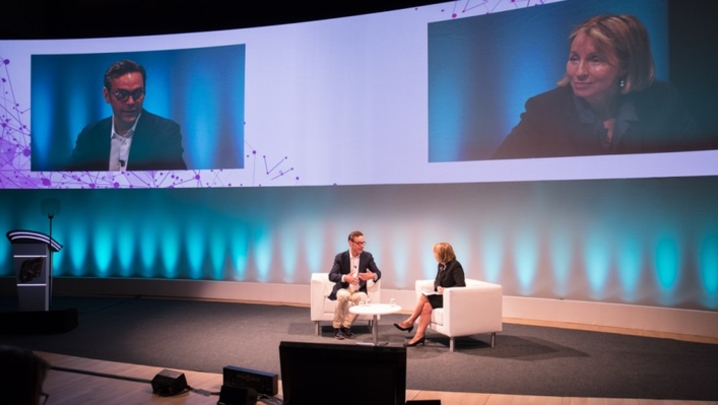Cat Lewis says Ofcom can do a lot more to encourage TV production in the nations and regions
One great strength of the RTS is that it truly represents the whole country, with centres all across the UK. It is, therefore, an organisation that is very much in tune with the current Secretary of State for Digital, Culture, Media and Sport, Karen Bradley MP, who has repeatedly stated her commitment to making TV less London-focused, most recently at the RTS Cambridge Convention.
All too often in recent years, the lives of people in the nations and regions have been captured through a London lens, as series producers from the capital are shipped around the UK to head up “made out of London” productions.
To truly reflect our country, programme-makers at all levels should be from a wide range of backgrounds and they should live in various parts of the country.
A number of reports confirm that this isn’t the case.
A recent survey of TV producers by Pact found that, of the £2bn budget for UK commissions in 2016, just 32% was spent out of London. According to the BBC Academy, just 35% of full-time jobs in TV are in the nations and regions.
Donna Taberer, who used to run the College of Production at the BBC Academy, interviewed more than 800 people who work in TV in the English regions for another report. She uncovered a shocking fact: 45% of freelance programme-makers in the English regions are employed in TV production only 50% of the time.
Why does this matter? In economic terms, a one-city industry really limits our creativity and success, weakening the whole of UK plc.
There’s also plenty of evidence that the London-centric media is increasingly out of touch with the way the rest of the UK is thinking: few in the media predicted the outcome of the Brexit vote or the last general election.
All this is happening in spite of regulations and quotas intended to create jobs outside of London, and overseen by Ofcom.
So, what’s going wrong?
Unfortunately, any programme made under the “made out of London quota” is permitted to employ 50% of its staff from London. And some do so, often giving them senior roles.
These senior programme-makers – producer/directors, series producers and executive producers – are shipped around the UK and put up in hotels during shoots.
More junior roles are filled locally – but this isn’t enough to leave a legacy and make a long-term impact on the economy.
And, although these programmes are filmed in the nations and regions, they are often edited back in London, creating no work for post-production houses or editors who are based outside the M25. Up to 30% of the budget of a “made out of London” programme can be spent inside the M25.
All perfectly “legal” but hardly in the spirit of the Ofcom regulations.
I’ve heard it said more than once that there aren’t enough experienced programme-makers in the nations and regions, particularly for more senior roles.
We all know TV commissioners can be very demanding when it comes to who makes their programmes. But what I’ve witnessed over 15 years of working as a northern-based exec producer is that this situation is self-perpetuating.
Senior freelance programme-makers in the nations and regions aren’t given a chance to work on these shows. As a result, they don’t have the right credits on their CVs.
Ofcom is currently reviewing the criteria as to what qualifies as a “made out of London” production.
I firmly believe that Ofcom needs to phase in a tightening of the criteria, leading towards the goal of having 80% of programme-makers working on a “made out of London” programme actually based in the nations and regions.
Cat Lewis is CEO, Nine Lives Media, and Chair, RTS North West.

